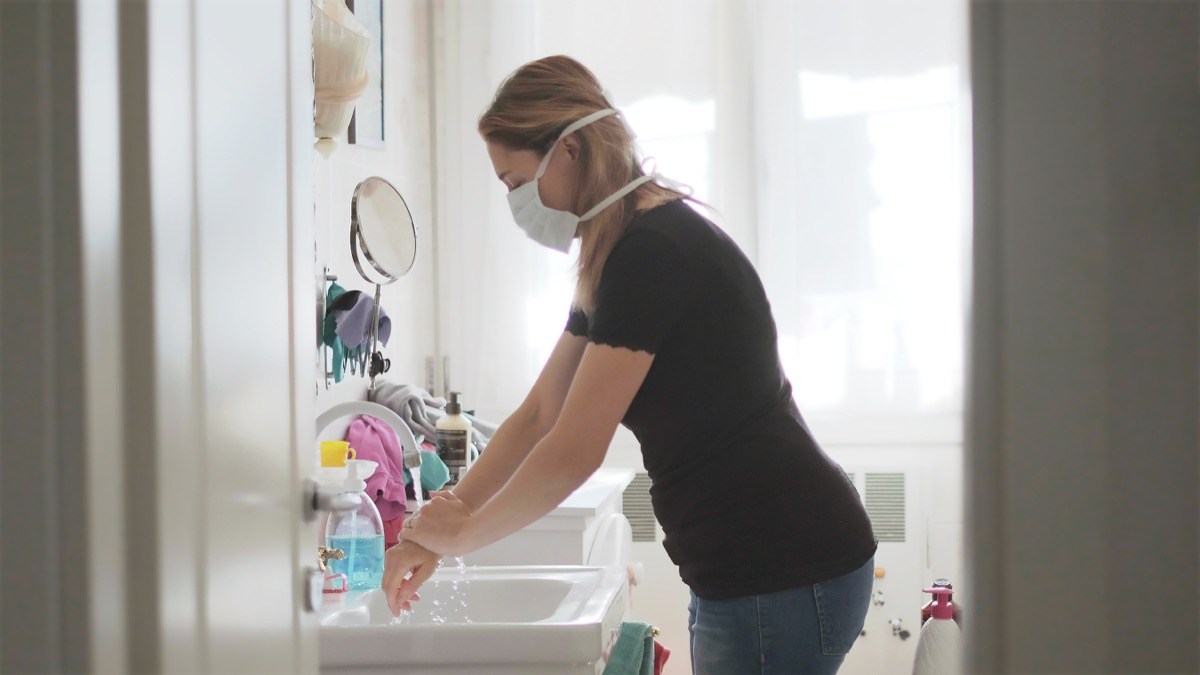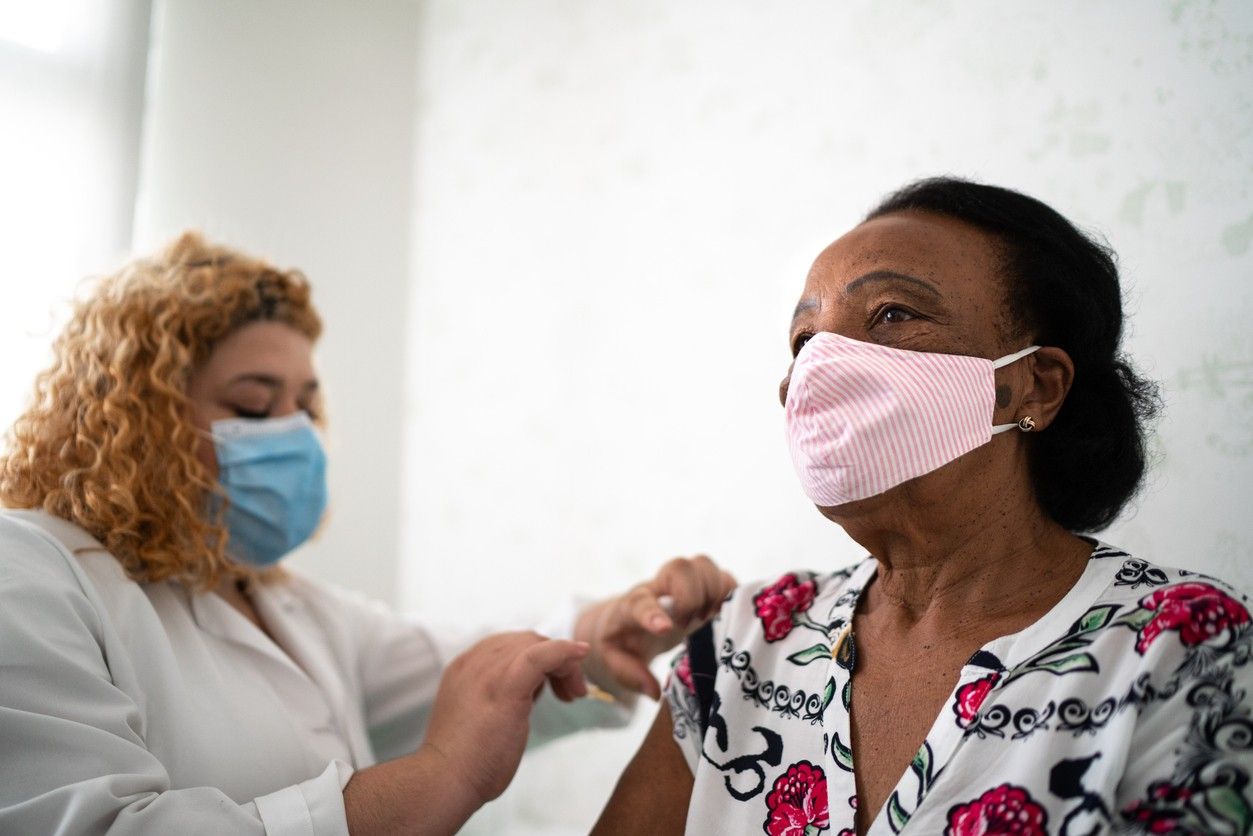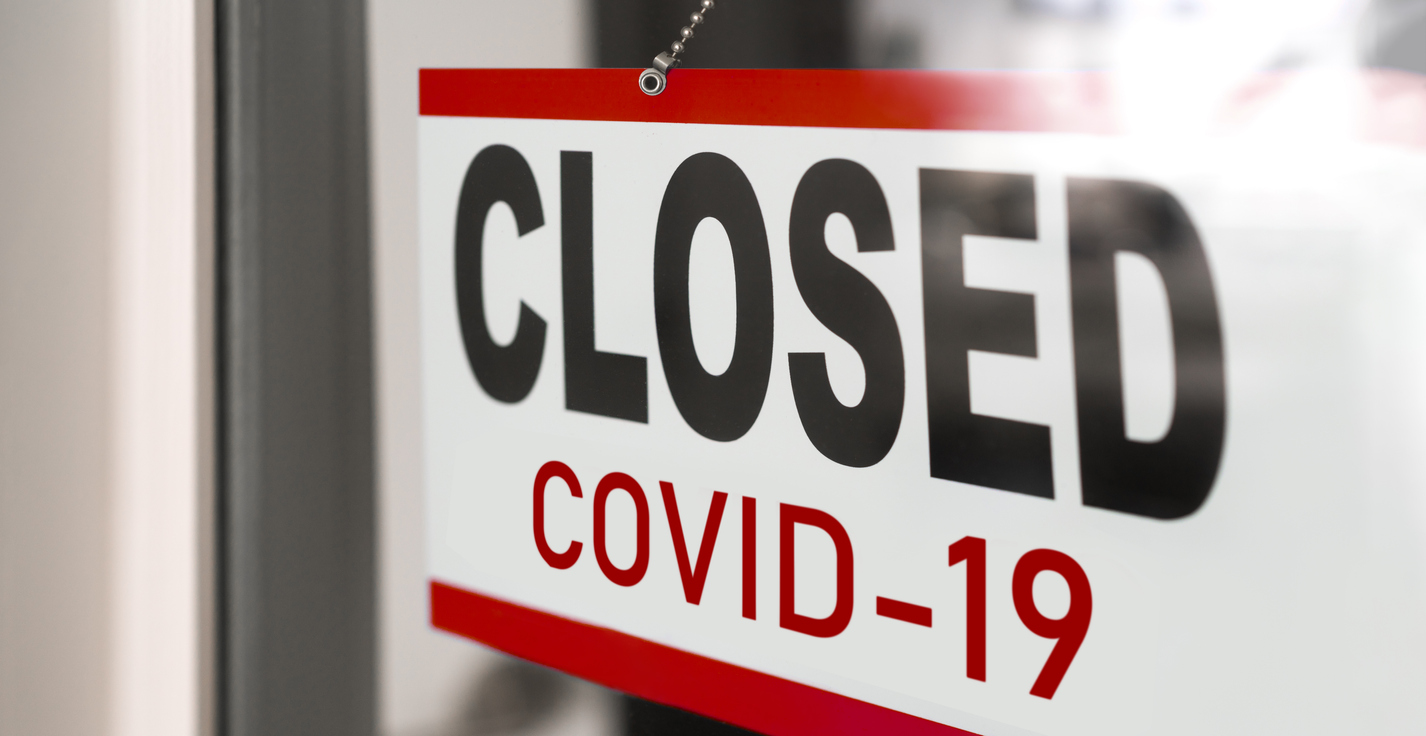Read on to see what the nation’s top health agency had to say about the coming days of the pandemic, and for more areas that could be in trouble, check out The New COVID Strain Is Now in These 8 States. Read the original article on Best Life. As the U.S. reports some of the worst COVID outbreaks in the world at the moment, the CDC is already predicting that the fatal effects of the disease will send the death toll soaring. According to the agency’s national ensemble forecast published on Jan. 4, it’s predicted that 12,900 to 24,900 new COVID-19 fatalities will likely be reported by Jan. 30, bringing the total death toll for the U.S. between 405,000 to 438,000 overall. Such estimates echoed the warnings of top health experts, who continue to spread the message of the pandemic’s worsening state. “As we get into the next couple of weeks in January, that likely will be a reflection of the holiday season travel and the congregate settings that usually take place socially during that period of time,” Anthony Fauci, MD, said in a Jan. 7 interview with NPR, warning that “we believe things will get worse as we get into January.” And for a sign you could be sick, check out If This Part of Your Body Hurts, You Could Have COVID. Even though it may be too late to undo the mistakes made over the holiday season, Fauci was still confident that certain tactics could still be used to reign in the severity of the surge. This includes everyday basic precautions such as wearing a face mask, avoiding crowds, and sticking to regular hand-washing. “Hopefully, if we really accelerate our public health measures during that period of time, we’ll be able to blunt that acceleration,” he told NPR. “But that’s going to really require people concentrating very, very intensively on doing the kinds of public health measures that we talk about all the time. Now’s not the time to pull back on this.” And for more regular COVID updates, sign up for our daily newsletter. Many Americans are also now lamenting the slow rollout of vaccines across the U.S., with those in charge of administering doses sticking rigidly to the CDC’s suggested high-priority groups. But with some people refusing to get their shots, public health experts are pushing for flexibility to ensure inoculations make it to the public as quickly as possible.ae0fcc31ae342fd3a1346ebb1f342fcb “Sometimes, more than 30 percent of eligible people decline to receive the vaccine when offered,” Steven Stack, MD, Kentucky Health Commissioner, told CNN. “There’s a need to be flexible or else we don’t administer the vaccine. A shot in a willing arm is ultimately a higher priority than a shot in only certain arms. We’re prioritizing, but focusing on not letting vaccines sit in a freezer, where it helps no one, for extended periods of time.” And for more on the latest inoculation news, check out The FBI Just Gave This Warning About the COVID Vaccine. The idea of returning to a strict national lockdown similar to the one used during the earliest days of the pandemic has remained part of a heated debate. But even Fauci points out it’s no longer the strongest approach. “You know, at this point a total country lockdown, I don’t think there’s any enthusiasm for that,” he explained. “There’s such a fatigue, a COVID-19 fatigue, that just people would have a real tough time with that. Short of that, you can do a lot of things,” such as instituting more localized and targeted shutdowns and controls. And for more from Fauci, check out Dr. Fauci Just Said This State’s COVID Situation Is “Unimaginable.”



